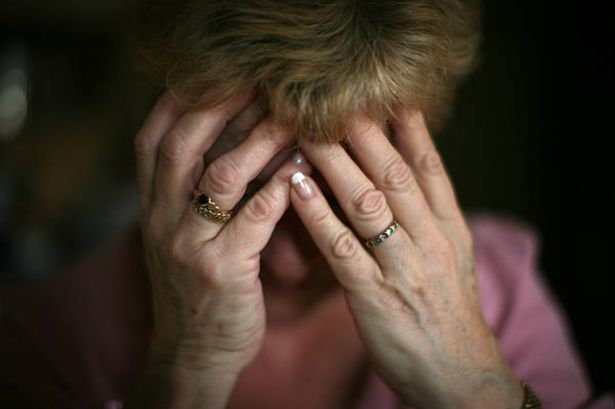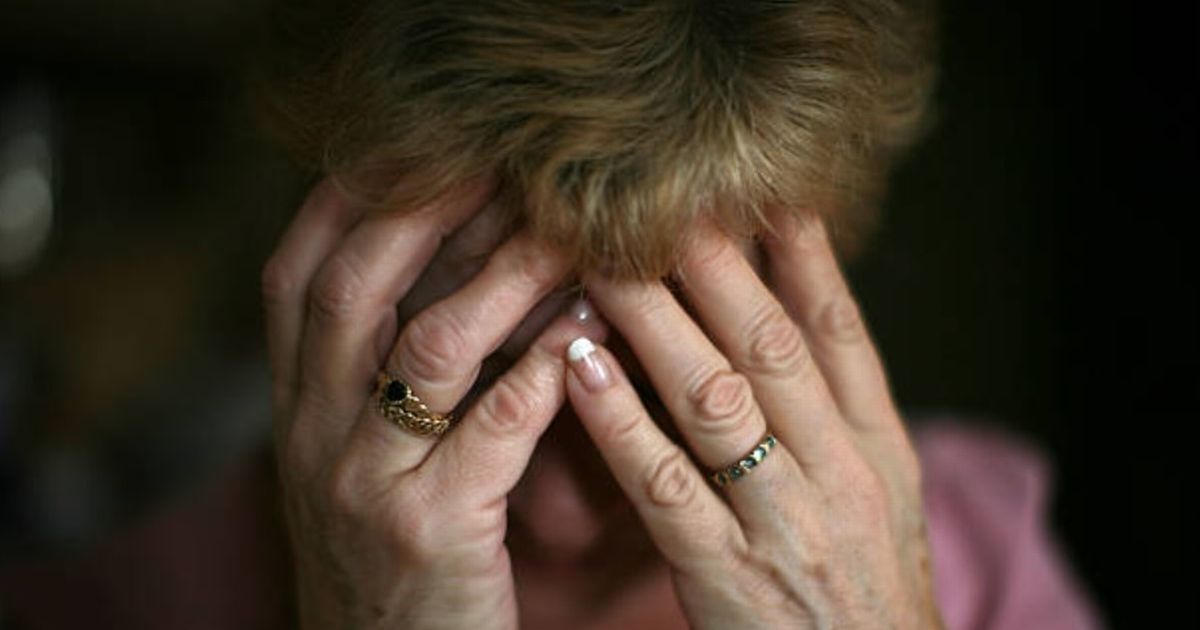A so-called cliff edge quirk and frozen thresholds are set to punish thousands more older taxpayers. HMRC set to punish 77,000 state pensioners with 62% tax rate
HMRC set to punish 77,000 state pensioners with 62% tax rate
The number of state pensioners slapped with 62 per cent by HMRC has DOUBLED. A so-called cliff edge quirk and frozen thresholds are set to punish thousands more older taxpayers.
In 2024-25, 77,000 pensioners earned between £100,000 and £125,140, dragging them into an effective 62pc tax rate on their income. This is more than double the 38,000 who faced the tax trap in 2021-22, HMRC figures revealed.
This year, 725,000 workers will fall into the 62 per cent tax trap – more than double the 300,000 in 2018 – according to figures from HMRC.
READ MORE Older drivers face new roadside test in England and could have licence revoked
The number of workers caught in the 62 per cent tax bracket is expected to soar to 850,000 by 2028-29.
Craig Rickman, pensions expert at Interactive Investor, said: “With the deep freeze on income tax bands set to endure until 2028-29 and fears the Government could extend it even further, thousands more people above state pension age will be hit with punitive rates of tax on some of their income.”
He said: “There’s a risk that ultra-high tax rates could mean losing older talent.
“As taxes take an even bigger bite from the cherry, many older high earners will weigh up whether they’re better off stepping back and earning less, rather than risk facing such a heavy tax burden.”
Tax expert Dan Neidle said: “This is clearly having an impact on the NHS and on the economy.
“I very much hope someone in the Treasury is looking at that and if it is a material impact, then real thought should be given to how we can iron out those discontinuities in the tax system.”
Ahead of the Labour Party government’s Budget on November 26, a Treasury spokesman said: “We are committed to helping our pensioners live their lives with dignity and respect.
“Thanks to our commitment to the triple lock, millions will see their pension rise by up to £1,900 this parliament.”

